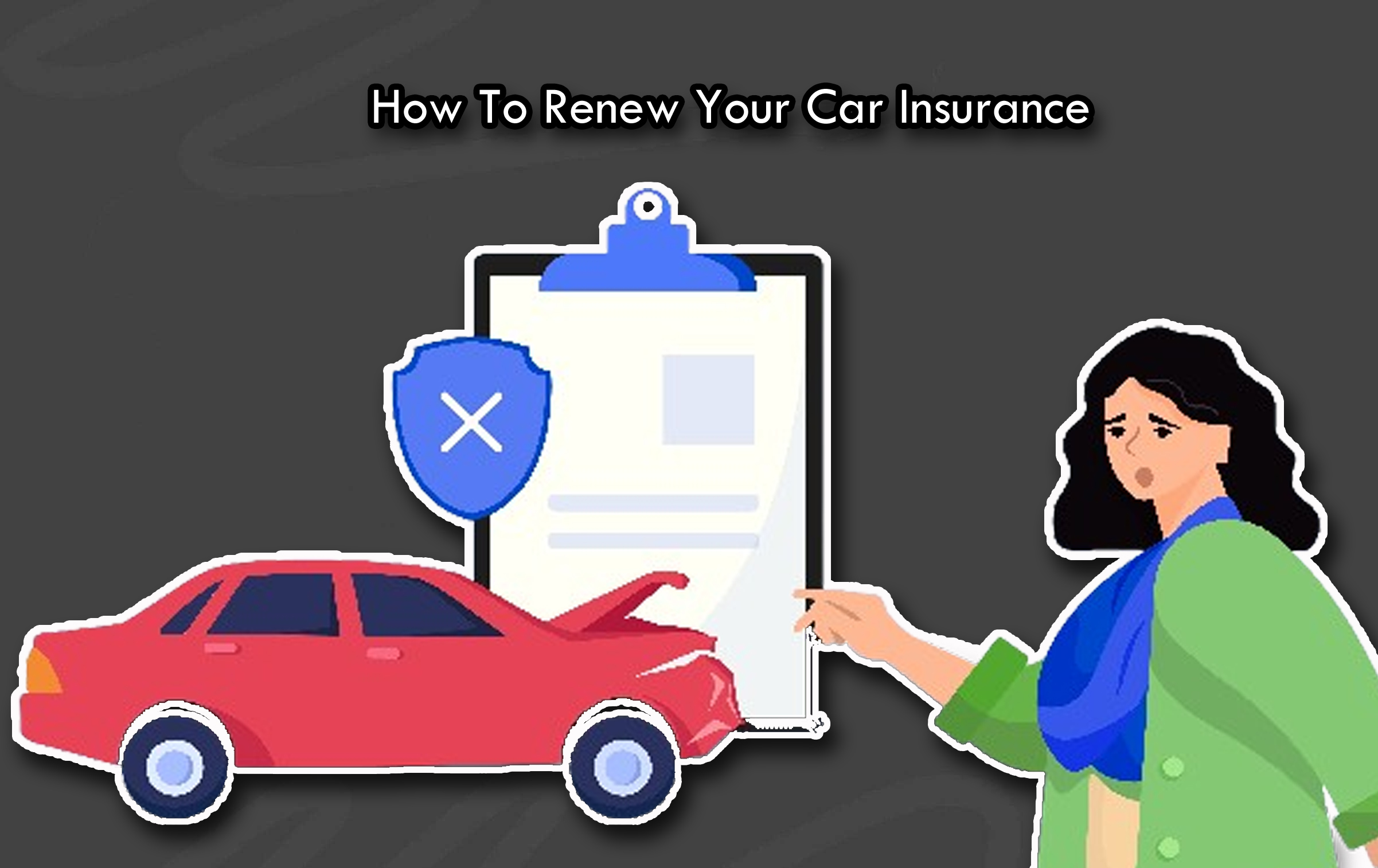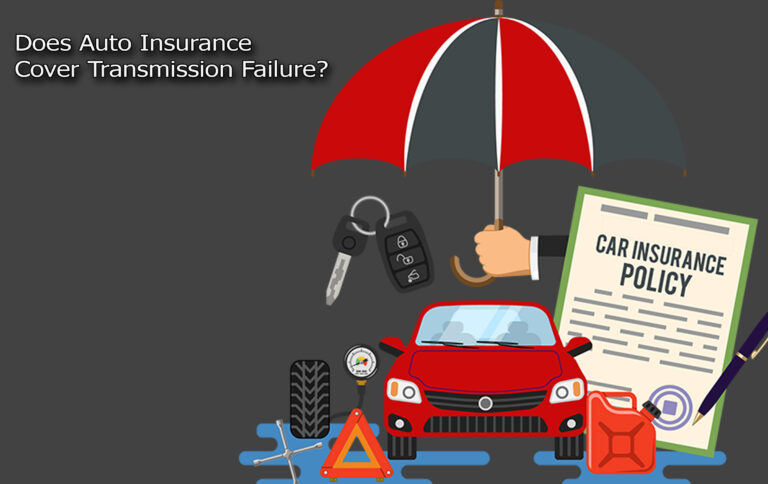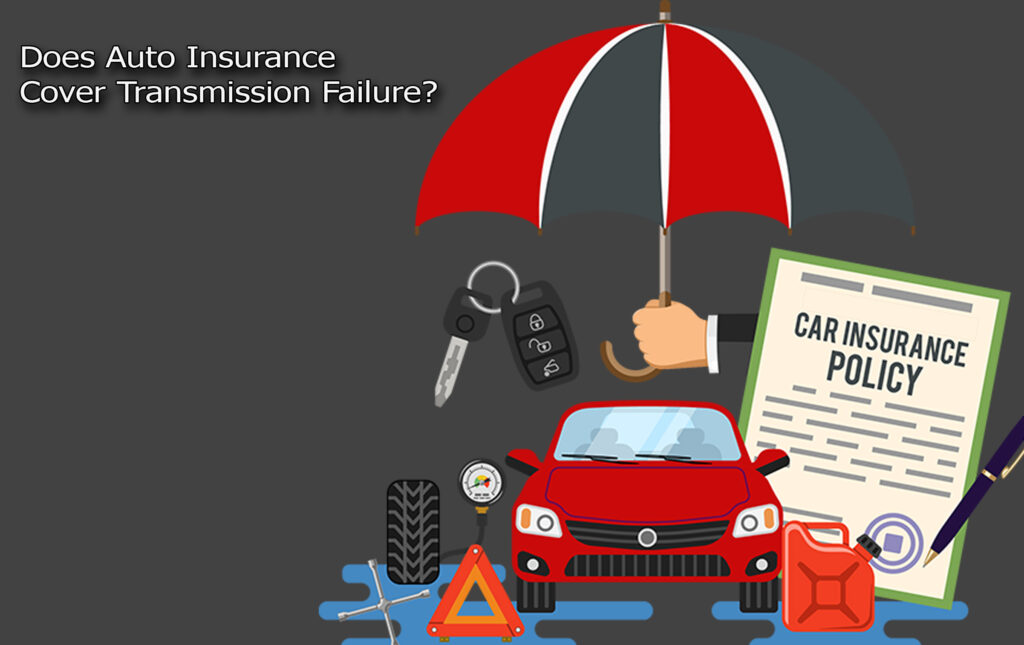Does pet insurance cover biopsy? When a pet shows signs of illness, abnormal lab results, and growths that can’t be explained, Biopsies comes into play here and is necessary to getting answers.

This diagnostic procedure, which involves taking a tissue sample for analysis, helps veterinarians detect cancer, infections, or autoimmune diseases.
However, the cost of a biopsy which can range from hundreds to thousands of naira or dollars, depending on the type and complexity, can be a significant burden for pet owners.
Pet insurance comes in at this point but pet owners often wonder: Does pet insurance cover biopsy procedures?
What’s more, the coverage for biopsies depends on the type of insurance plan, the reason you want to get the procedure, and whether it’s categorized as medically necessary.
Most standard pet insurance plans do cover biopsies if they are required to diagnose or treat an illness. However, cosmetic or elective biopsies may not be eligible.
What is a Biopsy?
A biopsy is a diagnostic procedure that involves extracting a sample of tissue from an animal’s body to examine it for disease.
Vets recommend biopsies when a pet displays symptoms such as unusual lumps, chronic infections, or internal organ dysfunction. What’s more, it helps to identify conditions ranging from benign tumors to life-threatening cancers or systemic illnesses.
There are several types of biopsies, including:
- Needle aspiration biopsy: A minimally invasive method using a fine needle to extract cells.
- Punch biopsy: Removes a small cylindrical piece of skin or tissue.
- Surgical (incisional or excisional) biopsy: Involves minor surgery to remove part or all of the suspicious mass.
These procedures often require anesthesia or sedation, lab testing, and follow-up visits and all of them can increase the overall cost. That’s why having pet insurance that covers biopsies can be a financial lifesaver.
Does Pet Insurance Cover Biopsy Procedures?
In general, most accident and illness pet insurance plans do cover biopsy procedures, provided the biopsy is medically necessary and not cosmetic. Pet insurance works by reimbursing you for eligible expenses after you’ve paid the vet, based on the terms of your specific policy.
Here are the typical conditions under which a biopsy is covered:
- The biopsy is ordered as part of an illness or suspected medical condition, such as cancer, tumors, skin conditions, or internal organ problems.
- Your policy includes coverage for diagnostics and treatments, which biopsies fall under.
- You’ve met your deductible, and the claim falls within your reimbursement limit and coverage percentage.
However, here are some exclusions to be aware of:
- If your pet had symptoms or diagnoses before the policy began, the biopsy related to that condition might not be covered.
- If the biopsy is done for non-medical or aesthetic reasons, it’s typically not eligible.
- Claims made during the initial waiting period after starting a policy are often denied.
Additionally, you must always check your insurer’s policy terms and consult your vet to ensure documentation aligns with insurance requirements.
Factors That Influence Biopsy Coverage
Even when your pet insurance covers biopsy, there are still certain factors that can influence how much you’ll get reimbursed or if the claim will be approved at all.
Type of Insurance Plan
- The Accident-Only plansusually won’t cover biopsies unless the issue stems from a trauma-related incident.
- Accident & Illness Plans are more comprehensive and usually include diagnostics like biopsies.
- Comprehensive Plans often include additional services like chronic condition management and specialist referrals, which may enhance biopsy-related coverage.
Provider’s Policy Terms
- Every insurer has different clauses regarding lab tests, diagnostics, anesthesia, and specialist referrals.
- Some may require pre-authorization before performing the biopsy for the cost to be covered.
Reimbursement Structure
- Most plans reimburse a percentage (commonly 70–90%) of the eligible expenses after the deductible is met.
- Annual or per-condition payout caps may limit how much you get back, especially if the biopsy is part of a larger diagnostic workup.
Veterinary Documentation
- Insurers typically require a detailed vetreport indicating the reason for the biopsy, test results, and itemized invoices to process a claim successfully.
How to Ensure Your Pet’s Biopsy is Covered
To maximize your chances of getting coverage for a biopsy under your pet insurance, take the following steps:
- You need to choose a comprehensive pet insurance plan that includes diagnostic procedures.
- Submit all claims with complete vet records and itemized receipts.
- Consult your provider in advance to ask about pre-approvals or coverage limitations.
- Understand waiting periods and avoid letting your pet go without coverage if they are at risk for chronic illnesses or cancer.
By being proactive, you’ll have the best chance of having the biopsy (and any related treatments) reimbursed.
Frequently Asked Questions
Will Pet Insurance Cover the Lab Testing After the Biopsy?
Yes, it can. If the biopsy itself is covered, the accompanying lab work and analysis are generally included as part of the diagnostic expenses.
Do I Need to Notify my Insurer Before the Biopsy?
It doesn’t always happen, but it’s best practice. Some policies require pre-authorization for expensive procedures. What’s more, you can always review your policy and consult with your insurer or vet for clarity.
Can a Biopsy be Denied Coverage if the Condition was Suspected but Not Diagnosed Yet?
If the symptoms were documented before your policy’s effective date, even without a formal diagnosis, the insurer may classify the condition as pre-existing and deny the claim.














